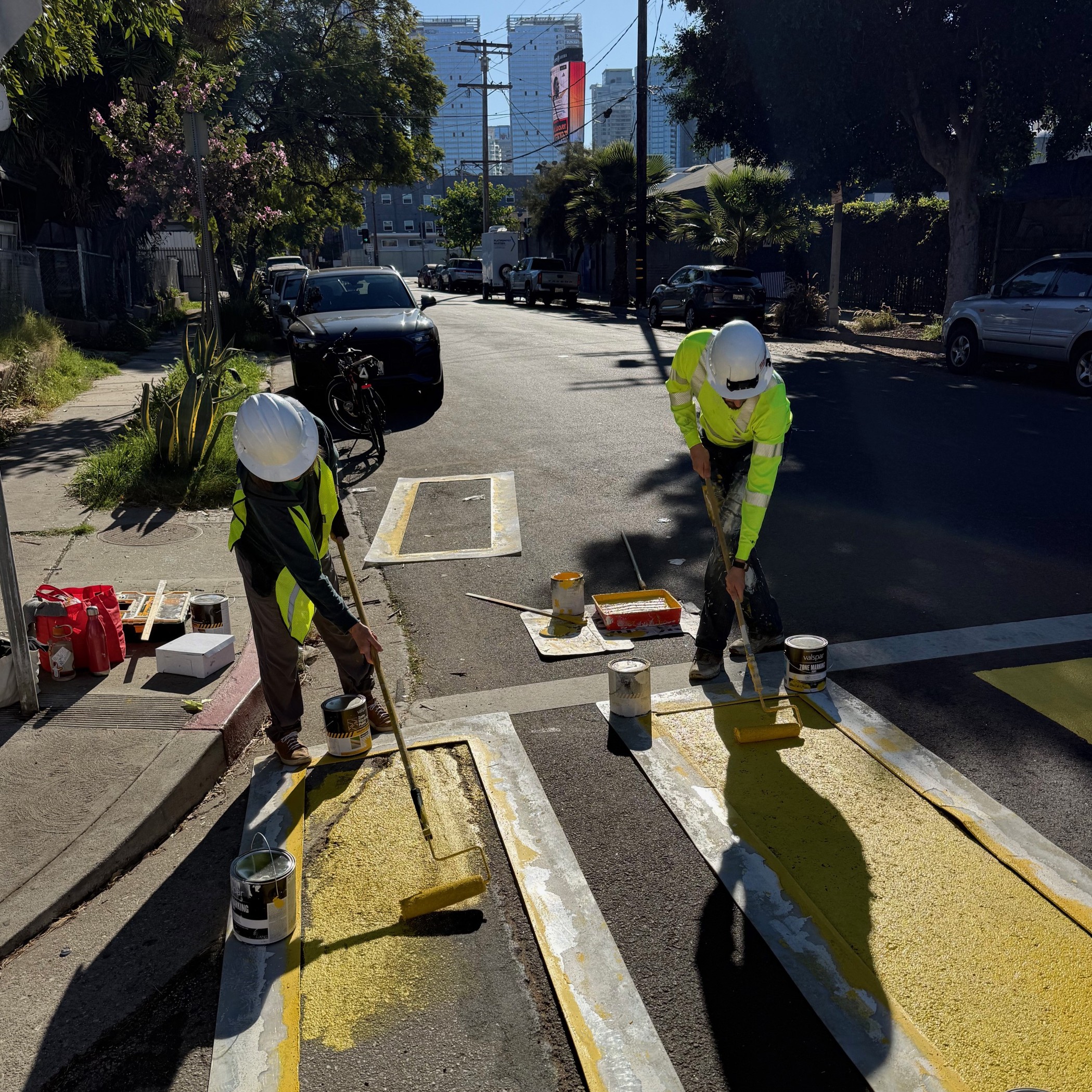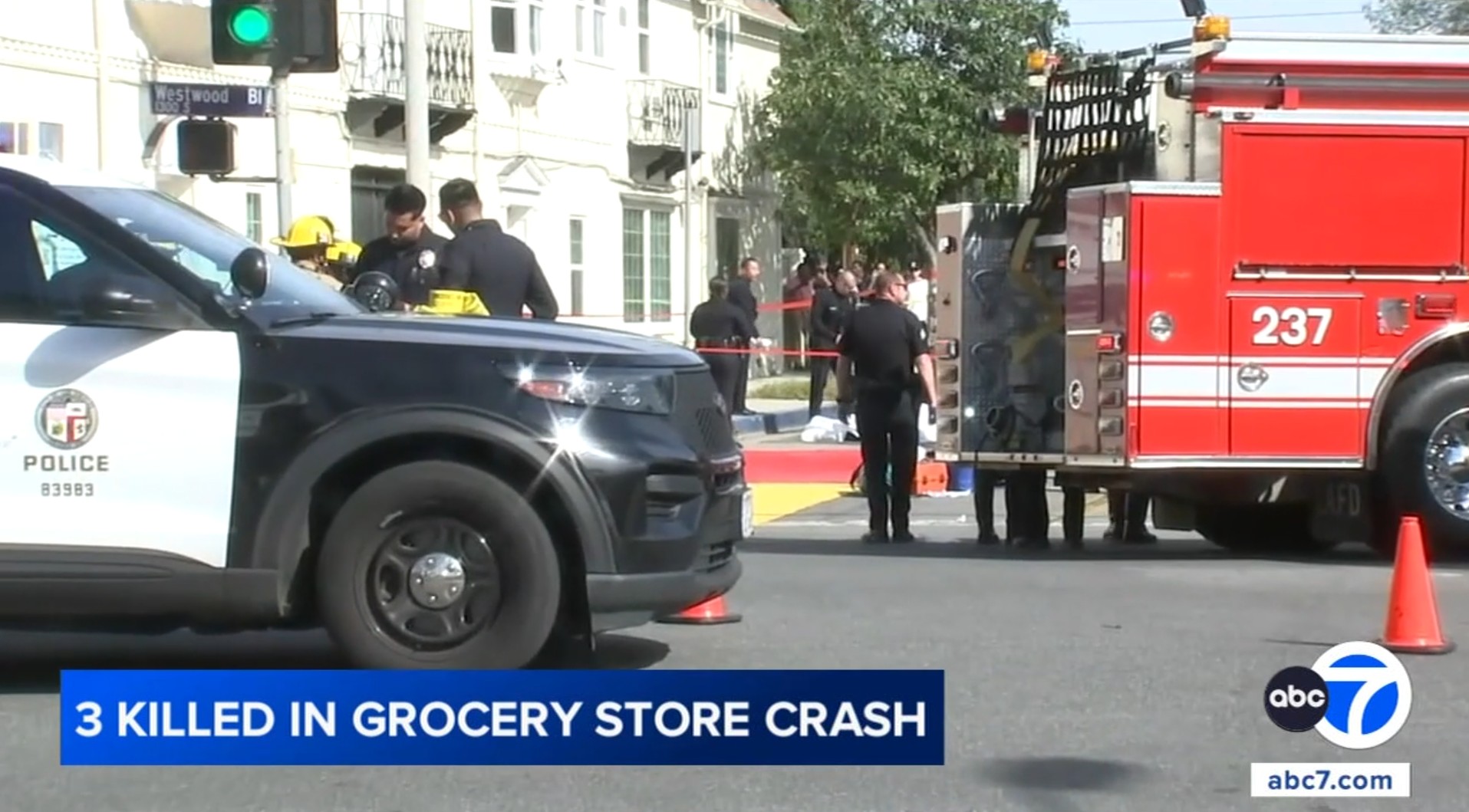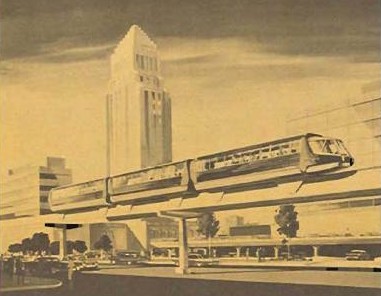On Streetsblog we talk a lot about the effect of sprawl on cities and suburbs. It forces people to drive everywhere, to the detriment of their physical and financial health. It pollutes the air and drains city budgets.
But sprawl also affects rural places, namely through the loss of farmland. Over the last few decades, Americans traded millions of acres of prime arable land for large lots and surface parking.
Claire Thompson at Grist explored the topic recently with an eye toward what nonprofit farmland trusts are doing to fight back:
Between 1982 and 2007, over 41 million acres of rural land in the United States were developed. That's 41 million acres of potentially productive agricultural land gone forever -- because once farmland is ripped up, paved over, and developed, you can never get it back, not in the same form.
"We've become a little casual about our attitude about farmland," said Dennis Canty, director of the Pacific Northwest regional office of the American Farmland Trust (AFT). He's seen the Puget Sound region of Washington lose 60 percent of its farmland since 1950. Much of the loss occurs around the edges of cities and towns, where the qualities that make land ideal for farming -- like being located in a broad, flat valley -- also catch developers' eyes. Suburban development gobbles up para-urban farmland, while land farther out turns into hobby farms or weekend retreats for city dwellers.
Canty and [Rebecca] Sadinsky [head of the PCC Farmland Trust] both point to Skagit County -- north of Seattle's King County -- as an example of a local government that's approaching farmland conservation right. Skagit has a local property tax that goes directly to acquisition of conservation easements, as well as a staff dedicated to farmland conservation. Their Farmland Legacy Program reviews applications twice a year from farmers whose land is in need of protection. So far they've saved well over 7,000 acres, said Carolyn Kelly, chair of the Conservation Future Advisory Committee, which administers the program. It's gotten so popular that they have a waiting list.
Elsewhere on the Network today: BikeWalkLee shares America Bikes' statement on the draft Senate transportation bill ("a triple whammy for bikes and peds"). The Wash Cycle outlines the Heritage Foundation's case against biking and walking projects, which can be summarized as: "It doesn't count as transportation unless it happens in cars." And the Architect's Newspaper explains Chicago Mayor Rahm Emanuel's plan to tax parking to support public transit.







